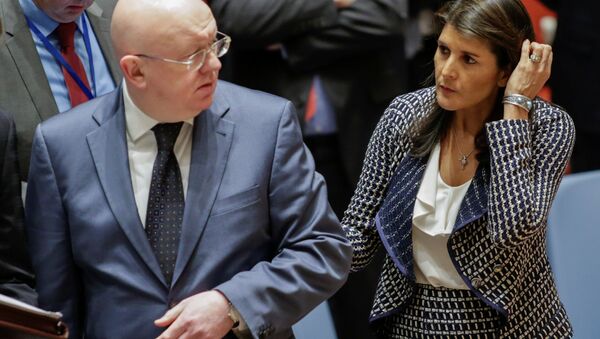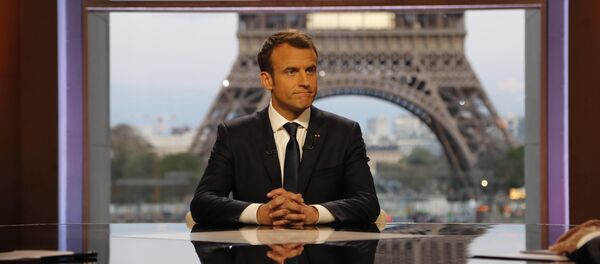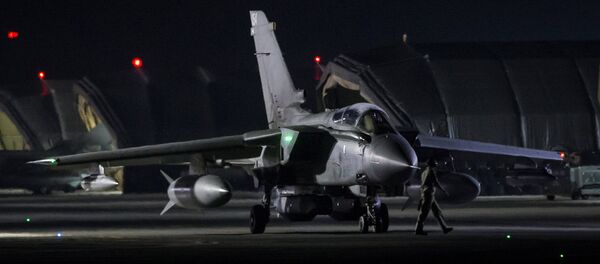In recent years, we have regularly been confronted with the blatant violation of the rules governing relations between states and, consequently, have been faced with the threat of undermining the already delicate capacity of the United Nations and the system of international law to limit violence and prevent the emergence of large-scale armed conflicts.
Given the current crisis in the Middle East, it is necessary to improve the legal framework of the United Nations in legitimizing armed intervention in the affairs of other nations.
The vetoes imposed by Russia on the three resolutions presented by the United States on Syria, as well as the US veto on the latest draft of the Russian resolution condemning the US, British and French attack on April 14, 2018 have led to deadlock in the mechanism which might theoretically allow the Security Council to resort to more effective measures.
In effect, some countries, including the United States, are trying to open the door to a doctrine of a so-called 'unilateral humanitarian intervention', giving them the right to intervene where they are not directly sanctioned to do so by the UN Charter and do not have the support of most other states.
However, in the current UN system, US actions, in Kosovo, Syria, and other parts of the world, as well as the lack of a response to these actions from most nations, allows us to assume that many countries are ready to tacitly accept these double standards of conduct, that is, to allow the US to intervene in other countries without permission from the Security Council.
This 'right' was clarified by US Ambassador to the United Nations Nikki Haley in April 2017 during the fierce debate in the security Council regarding the US intervention in Syria, when she said that "When the United Nations consistently fails in its duty to act collectively, there are times in the life of states that we are compelled to take our own action."
Such statements by the US representative to the UN are unacceptable. But the president of the United States ordered the launch of the Tomahawk cruise missiles at the Shayrat airbase in Homs province in response to the unconfirmed use of chemical weapons by the Syrian government against civilians in anyway.
When the US president ordered the use of force in Syria in April 2017, this case demonstrated from the political point of view that some states neglect the fact that all crises must be solved within the framework of international law, and not unilaterally or multilaterally outside of the framework of the UN system.
In conclusion, it can be noted that without the permission of the UN Security Council to use force, no state has the right to enforce a military response on humanitarian grounds, even after an independent review by one or several states. But it should also be stressed that the right to a humanitarian intervention cannot be applied when the main UN body, the Security Council, whose mission it is to maintain peace and international security, finds itself at an impasse because of a veto imposed by one of its permanent members.
The same applies to the use of 'humanitarian missiles' against one state by another. In any case, the unilateral or collective reaction of a country or group of countries should not be embodied via the use of armed coercive action against the guilty actor, but in the form of legally-imposed measures such as sanctions.
The views and opinions expressed by Giuseppe Paccione are those of the expert and do not necessarily reflect those of Sputnik.
You can find his analysis in full on Sputnik Italia.



